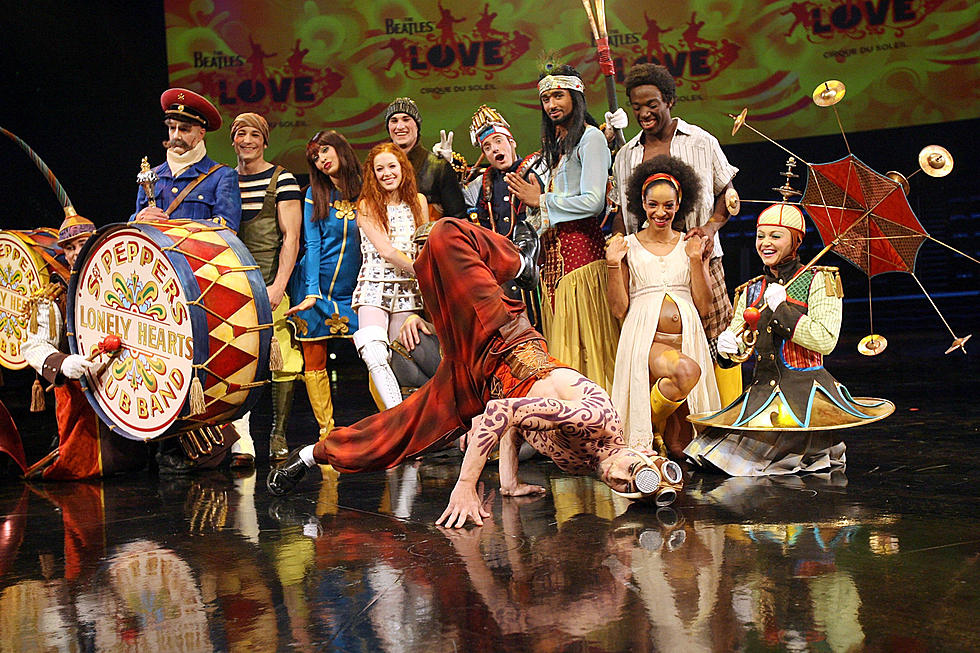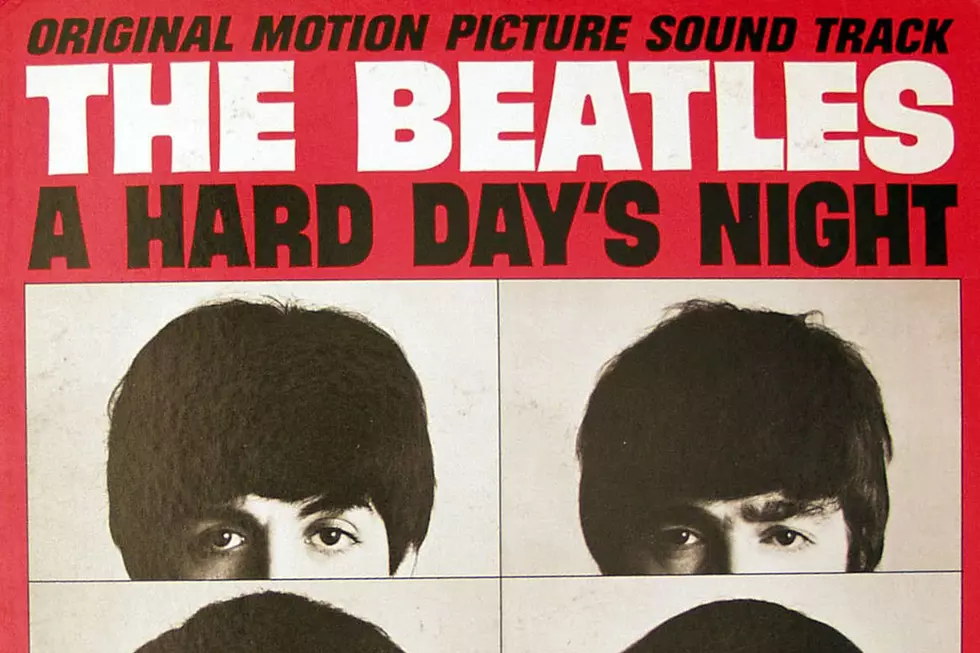
Beatles Prude Thought ‘Hey Jude’ Label Was Too Rude
A letter written by the boss of the Beatles’ U.S. record label revealed that attempts were made to alter the release of their 1968 single “Hey Jude” because of concerns that some of the artwork was “pornographic.”
The seven-minute song went on to spend nine weeks at No.1, the longest reign for a Beatles track and also the joint longest stay at the top for any single up to that time. Around 8 million copies are reported to have been sold.
However, that might not have happened if a concern raised by Capitol Records president Stan Gortikov had been acted upon. In his letter, he recorded the reaction to the single’s label, which was the first from the Beatles’ Apple Records and carried the now-famous image of a cut-open fruit.
“Here’s a wild and unanticipated problem to brighten up your day,” Gortikov wrote to Apple boss Ron Kass on Aug. 28, 1968. “I just received a call from a very large and influential rack jobber in the western United States. He opened the conversation by saying, ‘Are you guys serious? Do you know what you’re doing? Do you really intend to sell products bearing the new Apple label?’ … He then stated that he felt the new Apple label was completely pornographic and actually depicted a vagina. He stated that the graphic similarity was immediately noticed by all of his key employees had doubts that many of his chain store customers would even be willing to stock and display product containing the label.”
Gortikov added that "he also indicated his conviction that the label was a ‘put-on’ and was a masked and deliberate attempt at pornography. I politely told him that he was a ‘dirty old man.’ He apparently was looking at a full label out of one of our introductory kits not realizing that on our 45 RPM single records, which have 1-3/8-inch center holes, most of the vital part of the picture he resents is automatically chopped out.”
He went on to speculate that the apple is a “pretty sexy piece of fruit, outdone perhaps only by the banana,” before getting to the serious point of suggesting that the majority of the Apple image be airbrushed out. In a handwritten postscript, Gortikov wrote, “I also told the man that if he couldn’t play the record or sell it, he at least could fuck it.”
The letter was released in advance of the 50th anniversary of the Beatles’ final public appearance, on the roof of Apple H.Q. in London on Jan. 30, 1969.
More From Ultimate Classic Rock









